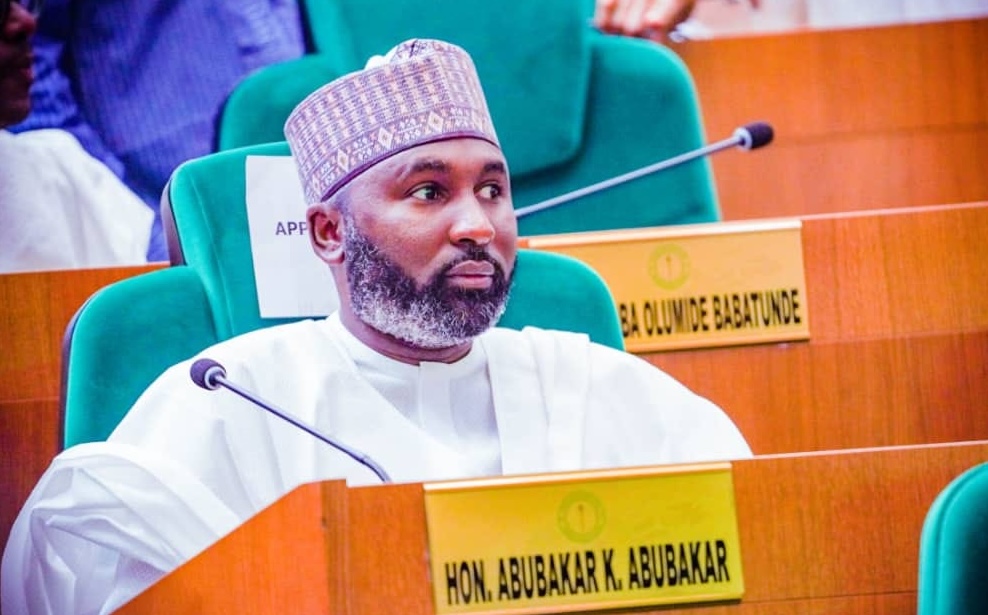In a move underscoring the growing emphasis on education as a tool for national progress, Nigerian lawmaker Abubakar Kabir-Bichi has funded tuition fees for 121 graduate students from his constituency, marking the third consecutive year of such interventions. The initiative, announced during a scholarship disbursement ceremony in Kano on Sunday, targets Master’s and PhD candidates from low-income backgrounds across 12 Nigerian universities.
Kabir-Bichi, who chairs Nigeria’s House of Representatives Committee on Appropriation, emphasized education’s transformative potential during the event. “Investing in knowledge breaks the cycle of underdevelopment and equips communities to address social challenges,” he said, reiterating his commitment to expanding access to education at all levels. The lawmaker appealed to fellow citizens and institutions to prioritize similar efforts, noting that collaborative action was critical for Nigeria’s human capital development.
Beneficiaries were selected through a merit-based process managed by the Abubakar Bichi Education Committee, led by academic administrator Dr. Habibu Usman-Abdu. The cohort includes 58 scholars from Bayero University, 24 from Federal University Dutsin-Ma, and smaller groups from institutions such as Ahmadu Bello University, the Nigerian Defence Academy, and the University of Nigeria, Nsukka. Geographic diversity was evident, with recipients spanning northern, central, and southeastern regions.
The ceremony drew representatives from beneficiary universities, community leaders, student union officials, and local residents, reflecting broad stakeholder engagement. Attendees praised the program’s transparency and its focus on advanced degrees, which are often financially out of reach for many Nigerian students.
This initiative aligns with Kabir-Bichi’s broader advocacy for educational equity. Previous efforts include funding undergraduate scholarships, renovating schools, and providing learning materials in his constituency. Such programs have positioned him as a prominent advocate for education-driven development in Kano State, a region grappling with high poverty rates and limited access to quality higher education.
While Nigeria’s tertiary education system faces chronic underfunding and frequent strikes, grassroots interventions like this highlight localized strategies to bridge gaps. Analysts note that sustained investment in graduate education could strengthen Nigeria’s research capacity and technical expertise—critical factors for economic diversification.
The lawmaker’s focus on postgraduate studies also addresses a national challenge: less than 2% of Nigerian university graduates pursue advanced degrees, partly due to financial barriers. By targeting this demographic, the program aims to cultivate specialized skills in fields such as technology, engineering, and public policy, which are vital for addressing infrastructure, security, and governance challenges.
As the disbursement concluded, community leaders emphasized the ripple effects of such support. “These scholars represent future innovators and problem-solvers,” remarked one attendee. “Their success will uplift entire families and inspire younger generations.” With educational disparities remaining a pressing issue across West Africa, initiatives like Kabir-Bichi’s scholarship drive offer a replicable model for public figures seeking to leverage their influence for developmental impact.
